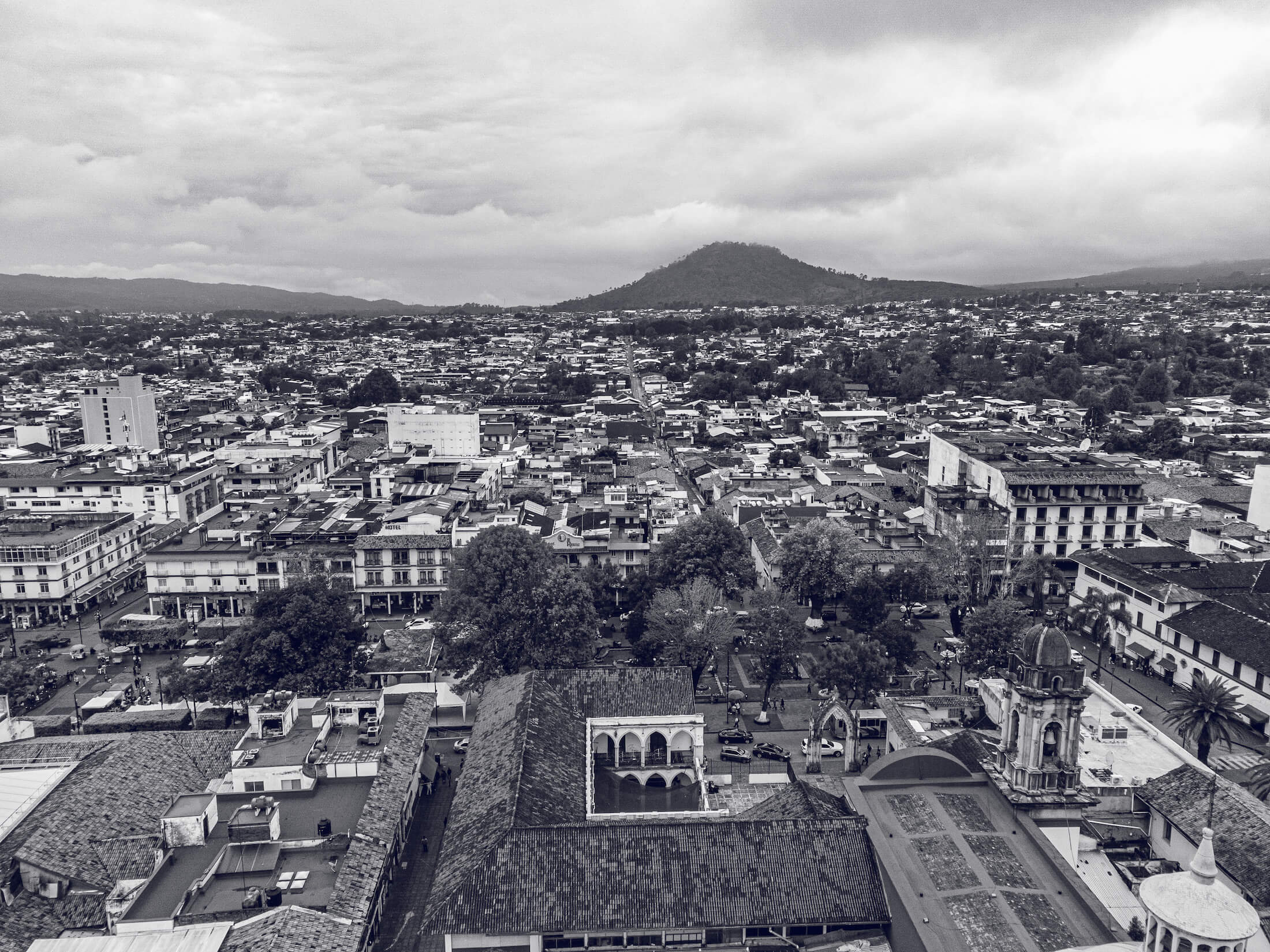Source: México Evalúa | Mexico City, 2 July 2024
- Armed Conflict Location and Event Data (ACLED), Data Cívica, México Evalúa, and Animal Político presented an overview of political-criminal violence and its implications for Mexico’s democracy.
- The 2024 election recorded higher levels of violence than the 2018 and 2021 electoral processes.
- Political-criminal violence has not stopped after the 2 June elections: 19 attacks have been recorded during the first two weeks of June. Meanwhile, special protection measures for political actors are no longer available.
Armed Conflict Location and Event Data (ACLED), Data Cívica, México Evalúa, and the digital news platform Animal Político, presented an overview of political-criminal violence and its implications for Mexico’s democracy one month after the June 2024 elections.
According to ACLED’s Conflict Index, Mexico remained the most dangerous country in the world for civilians in 2023. More than 43 million people in Mexico were exposed to political violence that year, according to ACLED’s Conflict Exposure tool. In this regard, Sandra Pellegrini, ACLED Latin America Regional Specialist, added that Mexico’s conflict landscape is fragmented due to the proliferation of non-state armed groups who engage in violence mostly affecting civilians, leading to heightened lethality levels.
Tiziano Breda, ACLED Latin America Associate Analysis Coordinator, highlighted that the 2023-2024 electoral process was marked by one of the highest levels of violence against political figures recorded since 2018, particularly targeting officials and candidates at the local level.
While competition between organized crime groups drives much of the political violence, at least 30% of the incidents involved riots and property destruction, suggesting that local power struggles and communal claims of irregularities during the process or rejection of the results can also trigger violence against political figures.
Data Cívica’s Votar entre Balas monitoring data show that 130 aspiring candidates, pre-candidates, and confirmed candidates were allegedly attacked by organized crime groups during the 2023-2024 electoral process, between 7 September 2023 and 2 June 2024. Of those victims, 34 were murdered, 40 survived attacks, 32 received threats (on banners, videos, or other threats that caused them to resign their candidacy), 10 candidates were kidnapped, and 14 armed attacks during which the candidate survived but someone else died.
“Besides assassinations, it is important to observe other types of attacks by organized crime groups against candidates and other political actors during the electoral process,” said Itzel Soto, coordinator of Data Cívica’s Votar entre Balas project.
According to a statistical analysis by Mexico Evalua, which focused on reducing electoral participation in the municipalities with the highest concentration of political-criminal violence, for each attack against authorities at the municipal level, participation in the local election was reduced by two percentage points.
“To get a full picture of the violence in the 2024 election, the pre-campaign period must be taken into account. Analysis of the violence should not only focus on assassinations and threats to candidates, as a wide variety of actors — such as officials, campaign activists, and family members — were also affected,” said Sandra Ley, coordinator of México Evalúa’s security program.
She also clarified that assassinations are just one of the ways in which organized crime uses violence to influence elections. “The numbers recently shared by the Secretariat of Security and Citizen Protection (SSPC) differ from those reported by Votar entre Balas [for this reason], as the SSPC omits the pre-campaign period and only focuses on candidate murders,” she said.
Regarding violence targeting women specifically, the analysis by México Evalúa reports that two out of every 10 victims of political violence are women. However, women occupying elected positions are more likely to be targeted by violence as opposed to men, who are not frequently attacked if they are elected officials. In addition, women candidates are more likely to receive threats and be targeted in armed attacks, while men candidates are more likely to be killed. It is worth noting that in 8% of the instances against women the threats and attacks were made to their family members.
“By attacking their relatives, criminal groups seek to cause fear in women and take them out of the electoral process,” said Céline González, senior researcher for Mexico Evalúa’s security program.
During the presentation, Ernesto Núñez, deputy director of Animal Político, presented the main findings of the journalistic series Votar entre Balas, emphasizing how different candidates and voters themselves shared diverse experiences of violence. “These testimonies support the statistical findings of ACLED, Data Cívica, and México Evalúa on the negative impact that political-criminal violence has on democracy in the country,” he said.
During the event, the specialists emphasized the importance of continuing to count and analyze violence even after the electoral period is over since attacks against political figures have not stopped. In the first two weeks after the election, 19 incidents were recorded. They also highlighted the lack of policies to protect political figures in the upcoming inaugurations of elected officials in October.

Press contact
Data Cívica
Itxaro Arteta
[email protected]
México Evalúa
Mariana Villalobos
[email protected]
+52 5545767503
ACLED
Gina Dorso
[email protected]
Mexico 2024: Special Election Series
The 2024 Mexico Special Election series explores the drivers of violence targeting political figures at the subnational levels, especially in states with significant levels of such violence.




